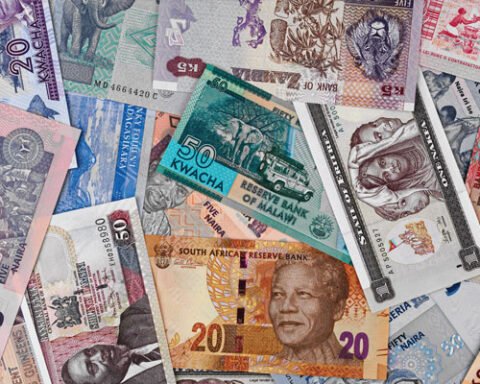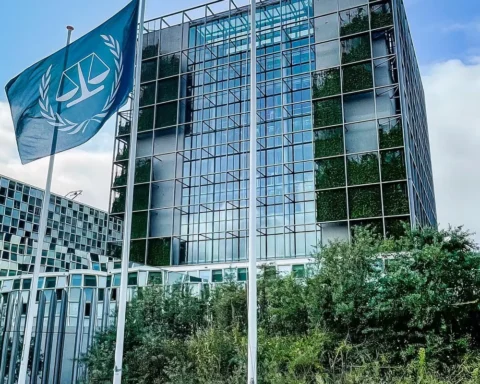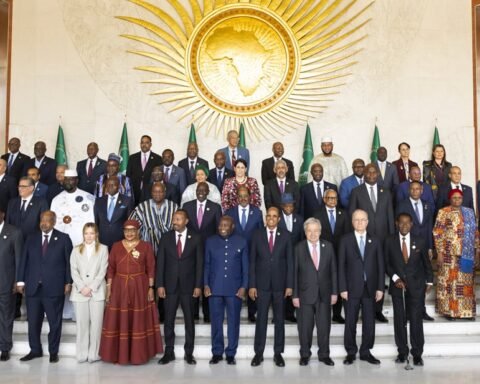Freeman Mbowe’s remarkable leadership of Chadema, Tanzania’s key opposition party, has officially come to an end after more than two decades at the helm.
His departure marks a significant moment in the party’s history, as he steps down after 21 years of steering Chadema through both turbulent and transformative times.
Mbowe took over the reins of Chadema in 2004, succeeding Bob Makani. At that time, the party was still in its early stages, but under Mbowe’s guidance, it quickly became one of the strongest voices in Tanzanian politics. Through his leadership, Chadema grew from a relatively small opposition group to a major political force, standing up for democracy, human rights, and political change.
Throughout his time as chairman, Mbowe remained deeply committed to Chadema’s mission of pushing for democratic reforms in Tanzania, even when the party faced immense challenges. His leadership wasn’t without its struggles. From the very beginning, he and the party had to contend with a political environment that was often hostile to opposition groups, facing government crackdowns, legal battles, and personal threats. But Mbowe’s unwavering determination to stand for what he believed in kept him going, and his reputation for resilience only grew stronger as time went on.
One of the key aspects of Mbowe’s leadership was his focus on building a party that connected with ordinary Tanzanians. He worked tirelessly to grow Chadema’s grassroots presence, ensuring that the party remained grounded in the concerns and aspirations of the people. Whether through campaigning or direct engagement, Mbowe made sure that Chadema’s message reached far and wide, resonating with a wide range of supporters.
While his leadership undoubtedly came with its fair share of challenges, it also saw significant victories. Mbowe was a vocal critic of government policies, particularly those under former President John Magufuli, and his advocacy for transparency and accountability struck a chord with many Tanzanians. His efforts to highlight issues like corruption and political repression earned him both respect and controversy, but throughout it all, he remained steadfast in his commitment to bringing about change.
Mbowe also played a key role in raising awareness about human rights in Tanzania. He stood up for marginalized communities, fought for political freedoms, and used his platform to speak out against government abuses. His leadership extended beyond party politics, earning him recognition on the international stage as someone who was deeply committed to justice.
Also Read; Trump Administration Defines
Gender as Male and Female
As the political landscape shifted under Magufuli’s administration, Mbowe faced increasing pressure, including arrest and detention. Despite these personal and political challenges, he never wavered in his resolve. His persistence during these trying times only reinforced his place as a symbol of resistance to government overreach and a voice for those who felt silenced.
Now, with Mbowe stepping down, Tundu Lissu has been chosen to take over as Chadema’s new chairman. Lissu, known for his own fiery advocacy for democracy, is expected to carry forward Mbowe’s legacy, continuing the push for a fairer, more transparent political system. The transition marks a new chapter for Chadema, but it’s clear that Mbowe’s leadership has left an indelible mark on both the party and the broader political landscape in Tanzania.
Mbowe leaves behind a legacy of persistence, resilience, and a tireless fight for democracy, his influence will continue to shape Chadema and Tanzanian politics for years to come. His time as chairman has set a high standard, and as the party moves forward, it will undoubtedly build on the foundation he helped create.







